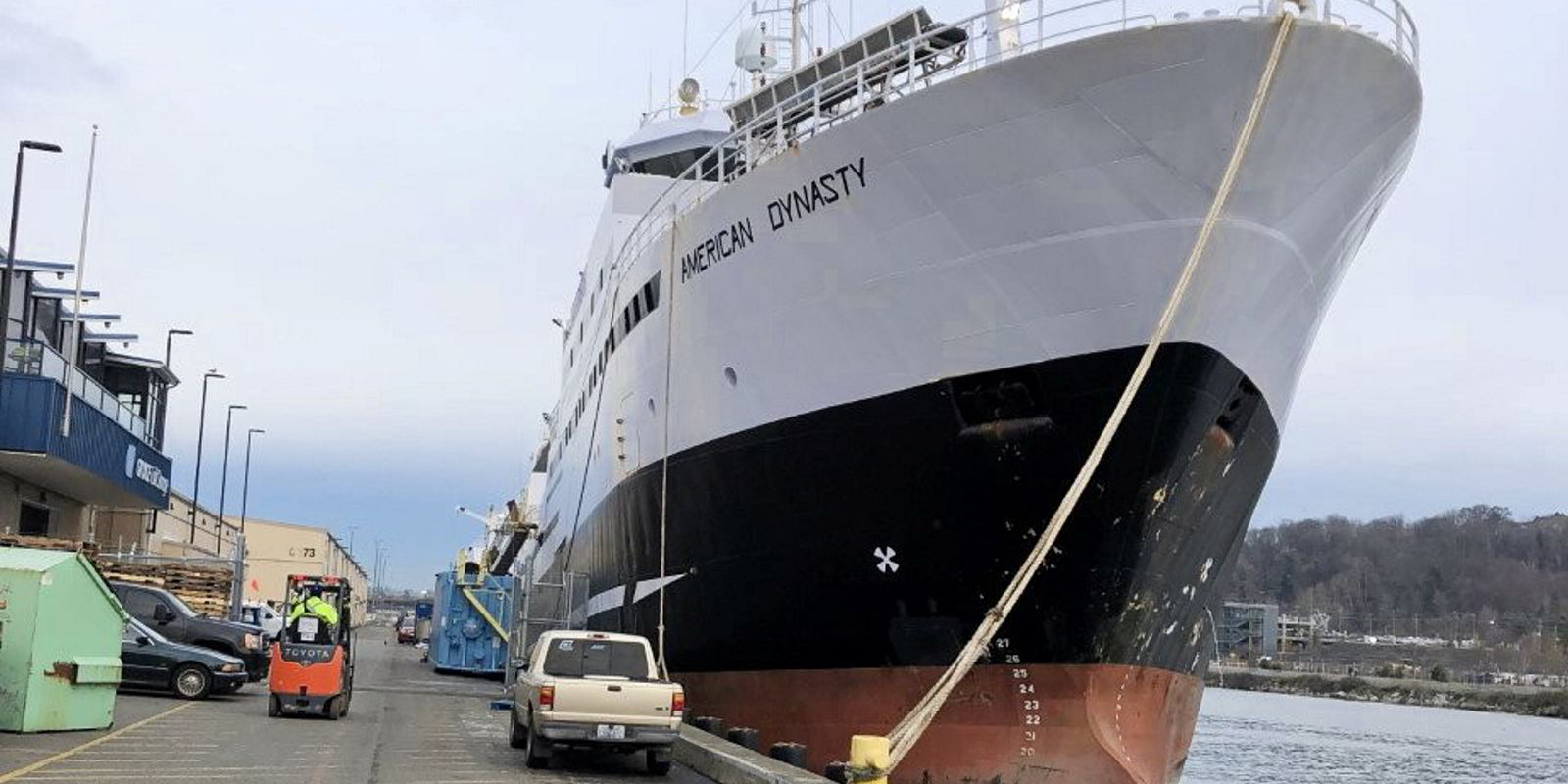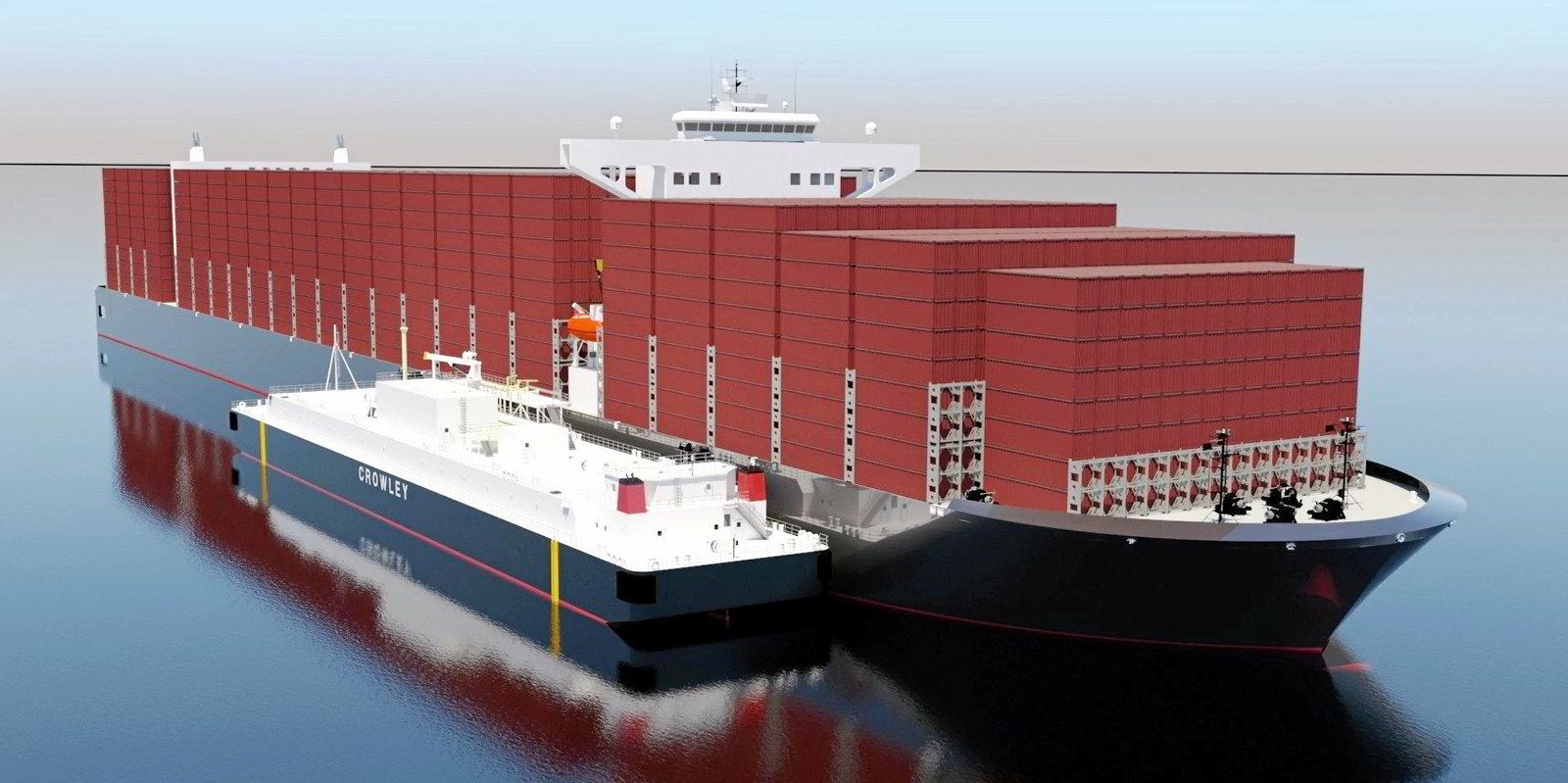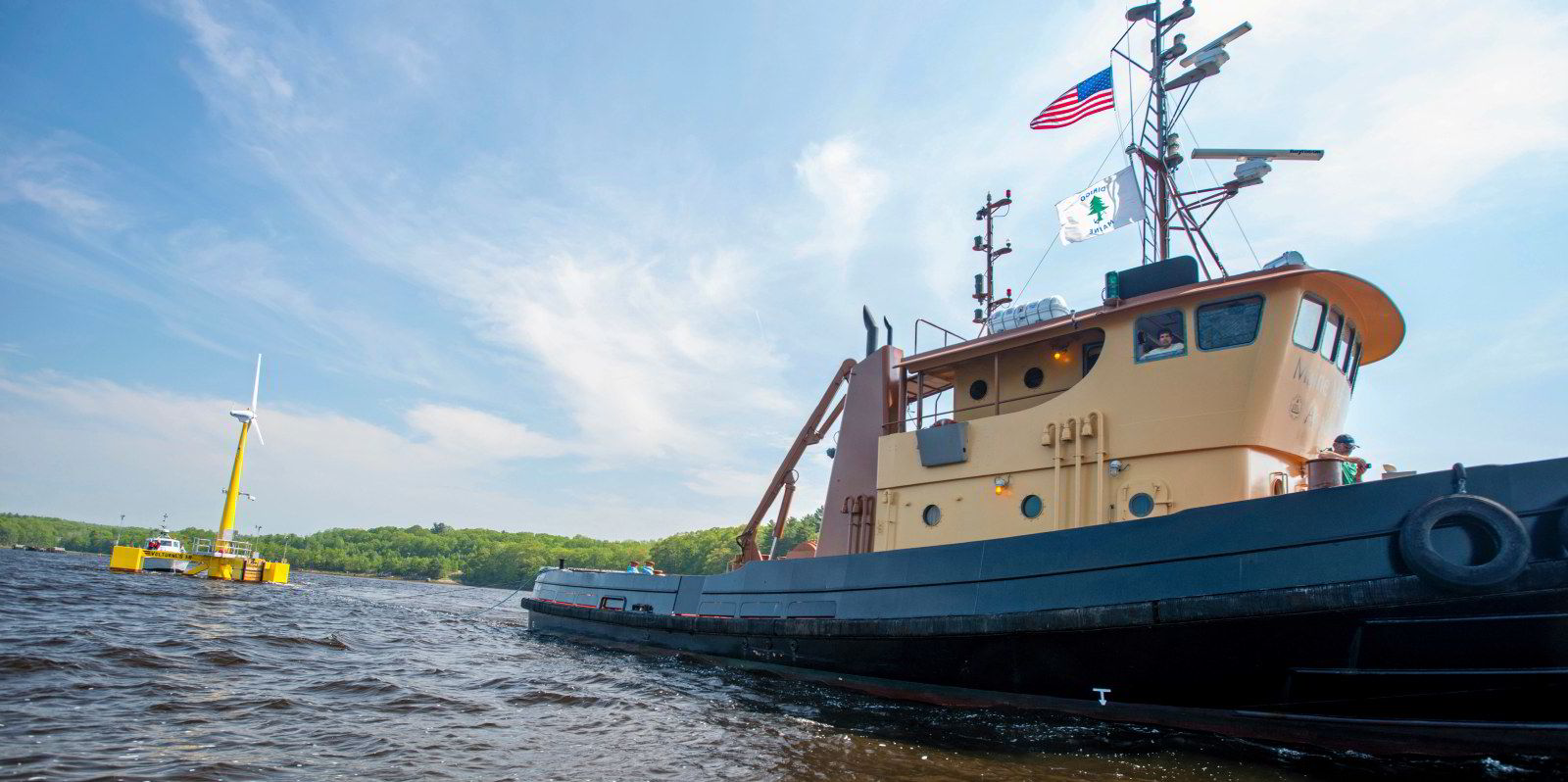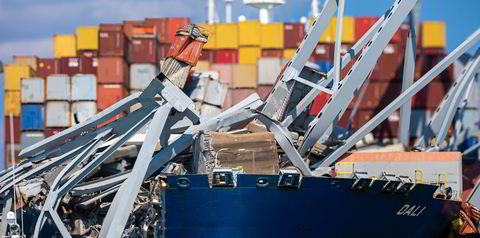US-based pollock giant American Seafoods is among Alaska seafood suppliers facing hundreds of millions of dollars in fines from the US Customs and Border Protection agency (CBP).
The fines are related to how the companies transport product from Dutch Harbor, Alaska, to the US.
The controversy stems from a provision in the Jones Act that requires that cargo shipped between two US ports must be transported by so-called "coastwise-qualified" vessels, which are ships built, owned and flagged in the US.
However, American Seafoods and others have been operating under a waver known as the Third Proviso.
The provision allows for the shipping of product on a foreign-flagged vessel between two US points as long as the routes use Canadian ports and railroads recognised by the US Surface Transportation Board and rate tariffs have been filed with the board.
American Seafoods is using this exemption to load pollock stored at its Kloosterboer Bayside facility in Dutch Harbor onto foreign-built and owned ships, which then transport the fish through the Panama Canal to New Brunswick, Canada. There, the fish is loaded onto trains and transported across the Canadian boarder.
But in recent weeks, the CBP has levied hundreds of millions of dollars in fines — potentially as much as $350m — against Alaska seafood companies, shippers and others, according to sources familiar with the situation.
This is an excerpt from a story that appeared in IntraFish, a sister publication covering the seafood industry. Read the full story here.






